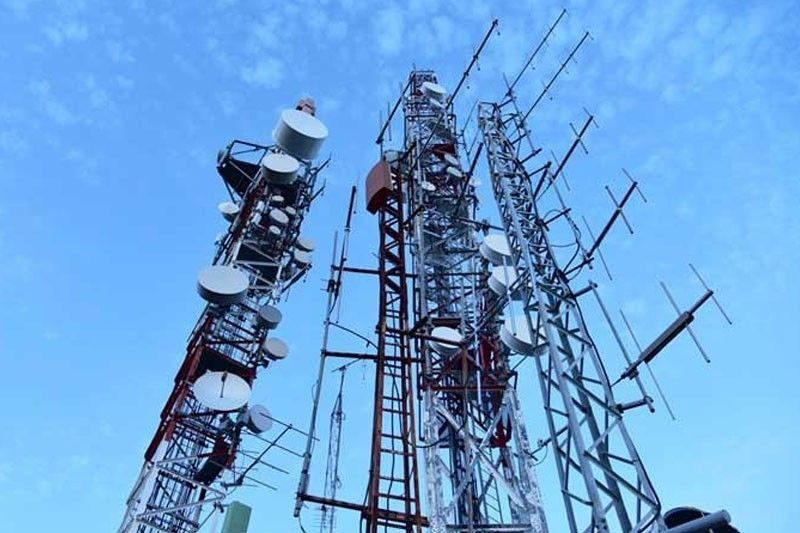NEDA cites need to lower telco barriers to entry

THE National Economic and Development Authority (NEDA) called for reforms to the telecommunications industry that reduce barriers to entry, promote open access, and enhance spectrum management.
“The telecommunications sector in the Philippines is currently at a crossroads, marked by robust demand against a backdrop of challenging geography and market concentration,” it said in a policy note on Wednesday.
The NEDA said that the industry faces challenges such as high costs, slow broadband speed and inadequate coverage.
“The impact of insufficient data transmission infrastructure spans multiple sectors such as education, business process outsourcing (BPO), healthcare, and disaster response,” it added.
According to Ookla, the Philippines was 64th among 145 countries in terms of mobile internet speed and 48th out of 181 in fixed broadband speed as of November.
“A significant concern is the growing digital divide, especially among lower-income groups, signaling an urgent need for policy intervention,” it added.
NEDA cited the franchise and licensing system as an area needing reform.
“The current franchise and licensing process is a significant barrier to new entrants. Reforming this regime, particularly through the removal of the franchise requirement, will simplify market entry and enhance sector competitiveness,” it said.
“Streamlining these processes will create a more dynamic telecommunications environment,” it added.
The policy note also emphasized the need for open access.
“Current market dynamics, marked by high entry barriers and limited competition, necessitate legislation for an open access framework,” it said.
“This policy will allow new entrants to challenge the dominant market players, leading to increased efficiency, reduced costs, and improved service quality. Open access is essential to disrupt the existing market structure, mitigate monopolistic practices, and foster innovation,” it added.
Meanwhile, NEDA said that the current policies on spectrum management are “unclear and fragmented.”
“A new legislative framework is imperative to optimize this finite resource, ensuring transparent allocation and efficient use. This approach will enable new technologies and services, contributing significantly to the sector’s growth,” it said.
It recommended revising spectrum user fees and introducing competitive auctions for spectrum allocation, among others.
“The reforms are designed to bridge the digital divide, enhance service quality, and ensure the Philippines keeps pace with an increasingly digital global economy,” NEDA said.
“The ultimate goal is to cultivate a telecommunications sector that supports the socioeconomic advancement of the Philippines,” it added. — Luisa Maria Jacinta C. Jocson



